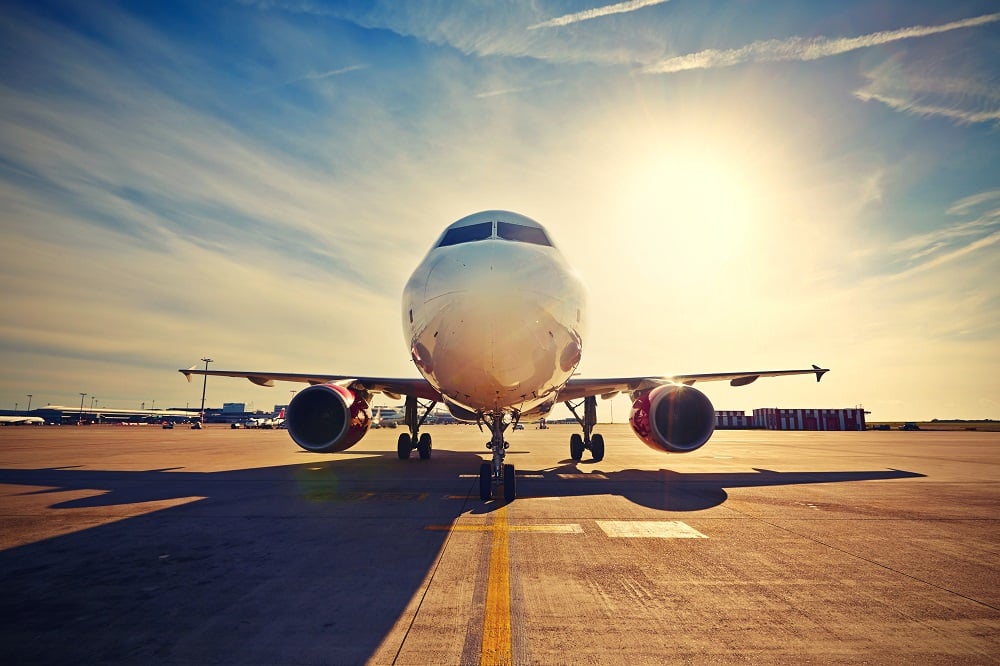United Airlines CEO Oscar Munoz emerged from the rubble that resulted from an intense social media shelling over the past few weeks long enough to announce ten new policy changes that will go into effect regarding overbooked flights.
The intense backlash began on April 9th after a viral video showed Aviation Police forcibly removing passenger Dr. David Dao from a flight, due to his refusal to relinquish his seat to make room for airline employees. Per United’s policy at the time, four passengers were selected to be bumped from the flight after there were no takers for United’s offer of $800 in cash plus overnight accommodations and a flight the following day.
Here’s a breakdown of United’s new travel policy changes and what they mean for your future travel.
- United will limit use of law enforcement to safety and security issues only.
Currently, if a traveler is bumped from a flight, the Department of Transportation will side with the airline when it comes to enforcing that decision. In the viral video case, United was within its rights to request assistance from Aviation Police when Dr. Dao refused to exit the plane, even though it resulted in a public relations nightmare. Under this new policy, United will refrain from taking such actions unless there is a threat to the safety and security of passengers.
- United will not require customers already seated on the plane to give up their seat involuntarily, unless safety or security is at risk.
United will no longer require seated passengers to relinquish their seats in the case of an overbook or other bump. This means that once a passenger is seated on the airplane, United personnel cannot force them to exit the flight. Adherence to this policy should go a long way to ensure that United can make good on the first policy change, mentioned above.
- United will increase customer compensation incentives for voluntary denied boarding up to $10,000.
Under the former policy, there was no incentive mandated. The Department of Transportation requires that an airline compensate a passenger 200% of their original fare (capped at $675) if their alternate flight arrives between one and four hours later than their original and 400% (capped at $1350) if they arrive more than four hours later than their original flight. If the alternate flight arrived within an hour of the original, the airline was not obligated to compensate rebooked passengers. This new policy allows airline personnel the ability to make a flight change much more attractive to travelers.
- United will establish a customer solutions team to provide agents with creative solutions.
United promises to get creative in the event of a mandatory rebooking including the use of ground transportation, as well as rival airlines. Transportation to another airport is also an option if there is a flight that can accommodate a bumped passenger.
- United will ensure crews are booked onto a flight at least 60 minutes prior to departure.
In the case of the viral video, it wasn’t an overbooking, per se, that set this chain of events into motion but, rather, four United crew members that needed to report for work in Louisville. This new policy will ensure that crew members cannot simply saunter onto a plane just minutes before takeoff and displace boarded passengers.
- United will provide employees with additional annual training.
Beginning in August, United’s frontline employees will undergo additional training that will, according to United Airlines, “enhance their skills on an ongoing basis that will equip them to handle the most difficult of situations.” Although it is not 100% clear what this training will entail, it may be safe to assume that it will be along the lines of customer service and conflict resolution.
- United will create an automated system for soliciting volunteers to change travel plans.
Later this year, United will unveil a new automated check-in process that will ask certain questions of passengers to gauge a customer’s willingness to voluntarily give up a seat in exchange for compensation. If that customer is chosen, they will be booked onto another United flight after receiving the agreed upon compensation.
- United will reduce its amount of overbooking.
This reduction is due to occur mainly on flights with a demonstrated history of low volunteer rates, flights on smaller planes and the last flights of the day.
- United will empower employees to resolve customer service issues in the moment.
Later this year, flight attendants and gate agents will have access to the “in the moment” app that will enable them to resolve customer issues by offering credits, mileage, or other compensation to dissatisfied passengers. This will help to resolve customer issues as they happen instead of having to defer to customer relations for resolution.
- United will eliminate the red tape on lost bags.
Beginning in June, United will enact a new “No Questions Asked” policy on permanently lost bags and luggage. There will be a flat amount of $1500 paid to passengers for the bag and its contents. For claims over $1500 United reserves the right to request additional documentation from a passenger.
If you are a regular traveler on United, it’s good to familiarize yourself with their new policies, but as always, AmTrav is always here to answer your questions and help you with any issues you may be having during your travels.
By: Denise D.

Cassie Sclafani




